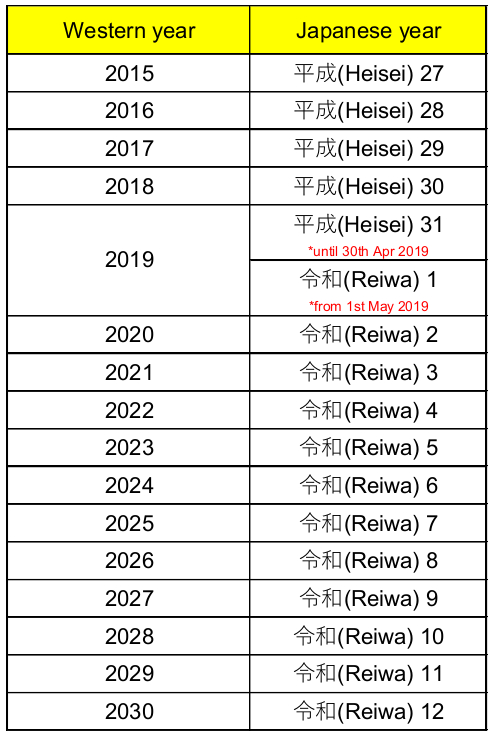A
ccording to a survey conducted by the Japan Family Planning Association in 2019, almost half of unmarried people under the age of 30 in Japan do not want to have children. The survey found that 47.3% of unmarried men and 46.6% of unmarried women aged 18-34 do not want to have children.
The reasons for this trend include concerns over the high cost of raising children, a desire for personal freedom and independence, and a focus on career and personal goals. Additionally, many young people in Japan are delaying marriage or choosing to remain single, which also contributes to the lower birth rate.
This trend is significant in Japan because the country is facing a rapidly aging population and a declining birth rate. The government has implemented policies to encourage people to have more children, such as financial incentives and support for working parents, but these efforts have yet to significantly reverse the trend.
The latest survey
OSAKA – Around half of unmarried people under 30 in Japan have no interest in having children, a recent survey by a pharmaceutical firm showed, with respondents citing economic concerns and the burden of childbirth and parenting as their reasoning.
Of the 400 respondents between 18 to 29 years old, 49.4% said they do not want children, the highest percentage in any of the last three annual pregnancy white paper surveys conducted by Rohto Pharmaceutical.
By gender, it found that 53% of men and 45.6% of women are not interested in becoming parents, citing such reasons as the high cost and anxiety about Japan's future, the Osaka-based company said in late March.
The results of the online survey conducted in January came after government data showed the number of babies born in the country last year dropped below 800,000 for the first time since records began in 1899.
To reverse the trend of the declining birthrate in the rapidly aging country, the government in April launched the Children and Families Agency to oversee child policies, also including child abuse and poverty.
The company's fiscal 2022 survey found that 48.1% of married men and women wishing to have children were cooperating with their partners' fertility efforts, according to the study also covering 800 married couples between ages 25 and 44.
The figure marked a significant drop from 60.3% in the fiscal 2020 survey, with a company official speculating that people are spending less time with their partners as life gradually returns to normal following the coronavirus pandemic.








0 Comments